Get involved in Landcare
September 4-10 marks Landcare Week. Landcare Week is an annual celebration encouraging everyone, wherever they live and whatever they do, to get involved in the Landcare community and help protect and restore our country’s valuable natural resources.
Landcare became a national initiative in 1989 and has since grown into the largest environmental and land management movement in the country.
The Landcare movement has come a long way since it’s inception. From it’s humble beginnings in the 1980s as a loose collaboration between farmers and environmentalists to plant trees, it now boasts over 5,000 coastcare, bushcare and other landcare groups, all dedicated to managing environmental issues in local communities across Australia from coast to country.
Watershed Landcare is no exception. The group has been active in our region for 21 years, working with the community to encourage positive change and progress from a people, prosperity and environmental point of view.
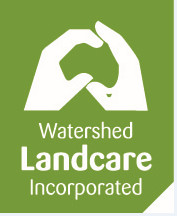
Our area covers approximately 900,000 ha (9000 km²) stretching to Gulgong in the north, Burrendong Dam in the west, the Turon River in the south and the Wollemi National Park in the east. Members include established landholders, town and village residents, land managers, people with country retreats and local businesses.
Landcare is a grassroots movement and we work together with our community to support an integrated, productive and sustainable approach to land management. Our activities, field days, workshops, seminars and projects focus on topics of importance to our members.
The Watershed Landcare Management Committee recently met with representatives from Mid-Western Regional Council, Central Tablelands Local Land Services and members of our community to plan it’s strategy for the next 12-18 months. The day was very successful with many great ideas flowing.
Raising awareness of issues relevant to our local environment and supporting people to create change through capacity building and sharing of knowledge and skills remain important core values to the organisation.
Watershed Landcare’s priorities will continue to focus on projects and activities that address sustainable agriculture, improving land and water management and, protecting threatened and vulnerable species and communities.
Engaging our urban community and waste management were also identified as important, new areas of attention.
Do you have a great idea for an event or project we could run, want to get involved or want to find out more about what we do?
Visit our website, www.watershedlandcare.com.au, or contact one of our Coordinators, Claudia Wythes on 0412 011 064 or Agness Knapik on 0435 055 493 or email: info@watershedlandcare.com.au.

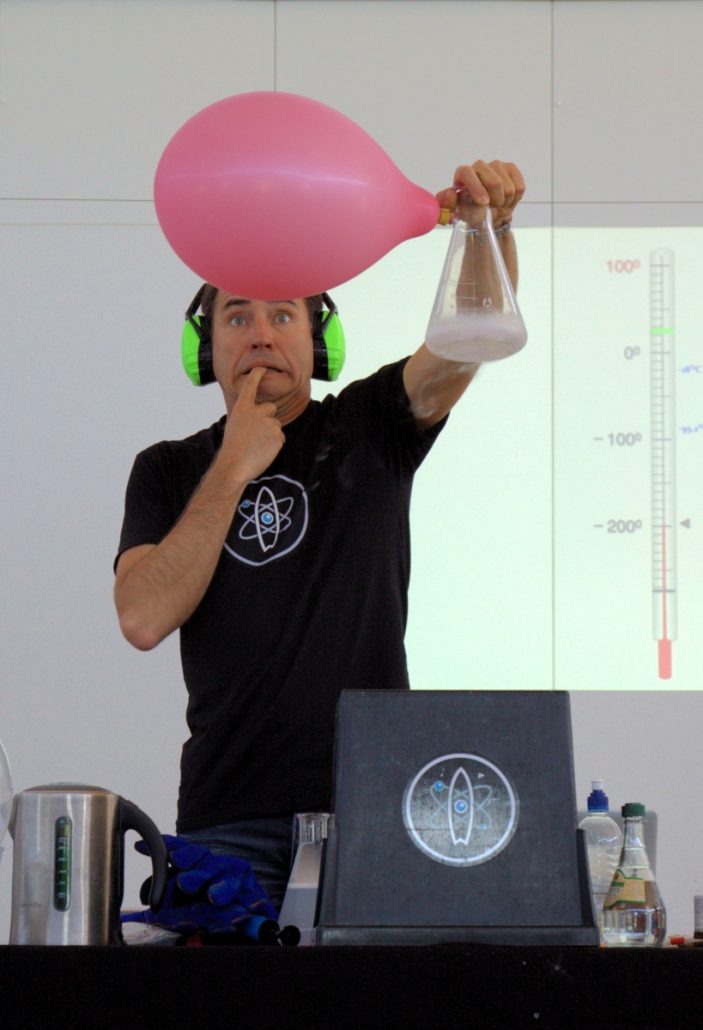
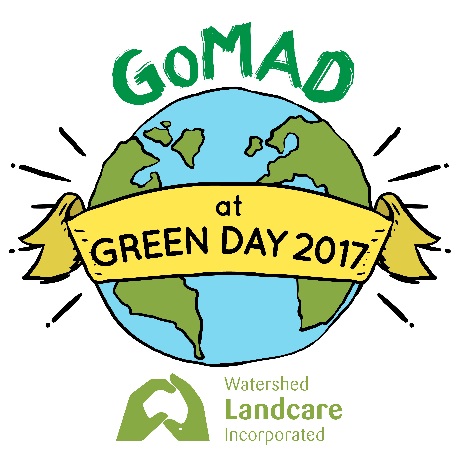
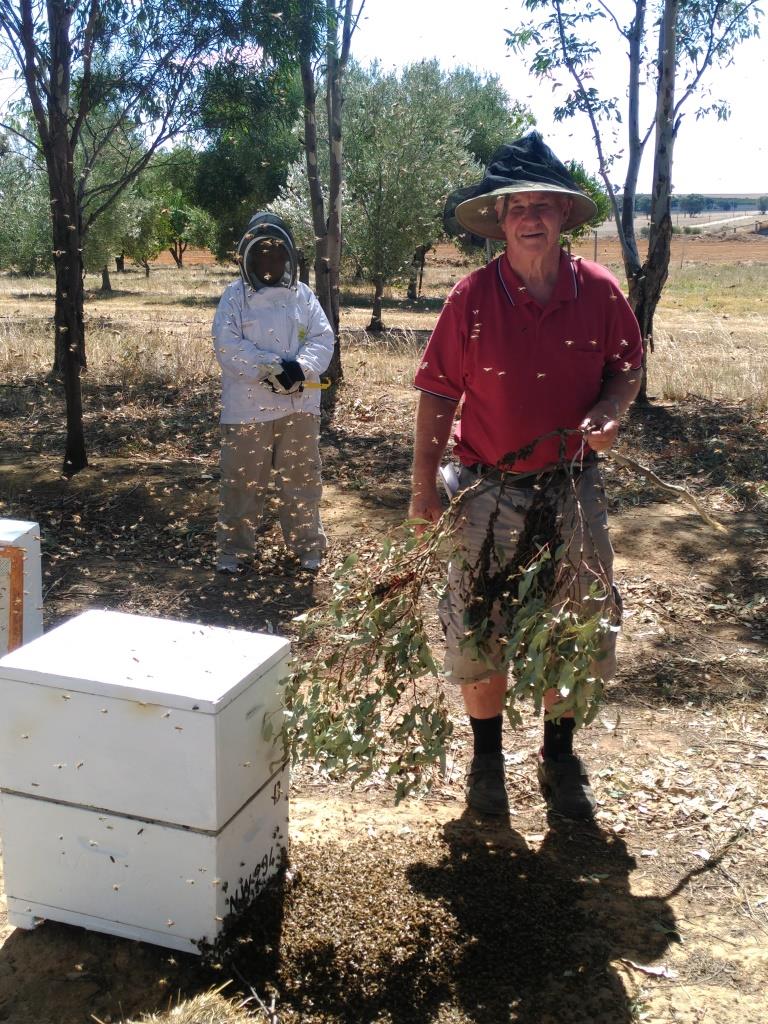
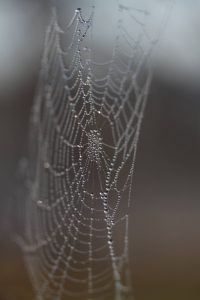
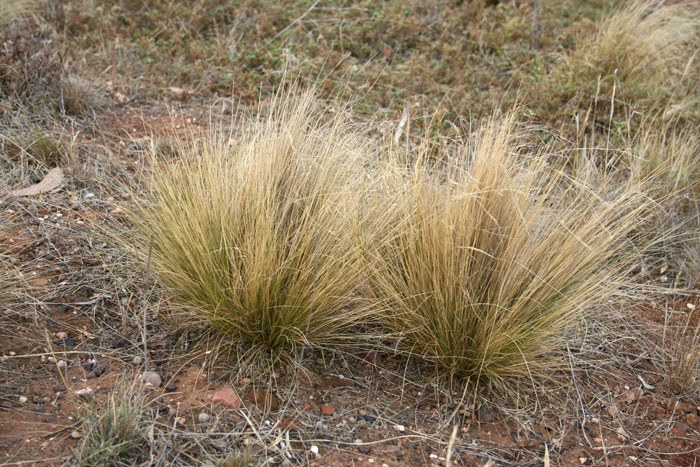
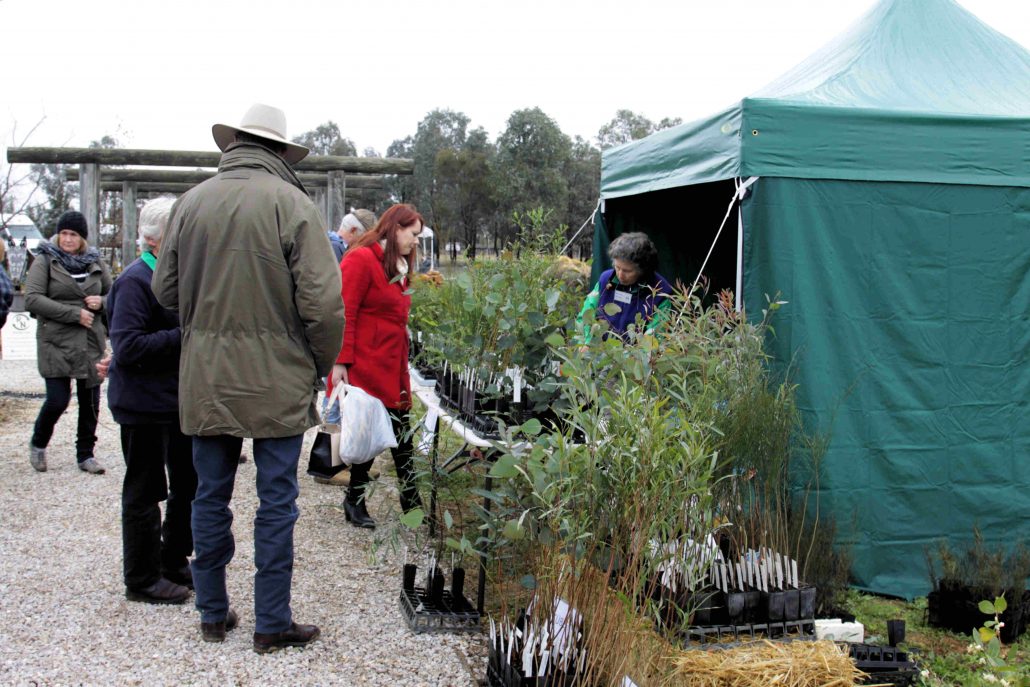
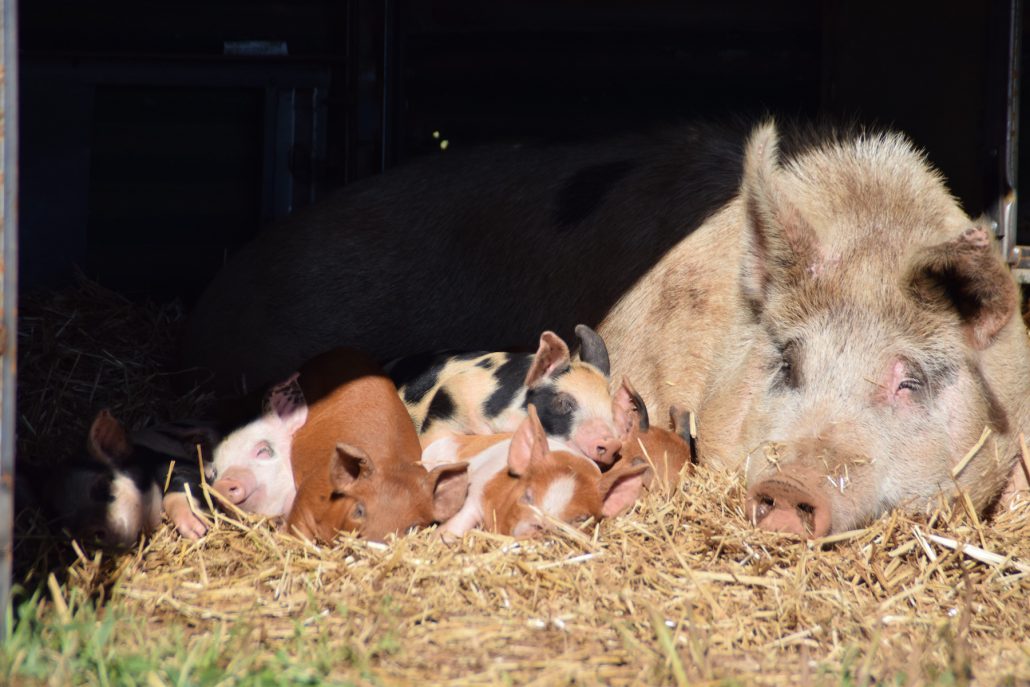
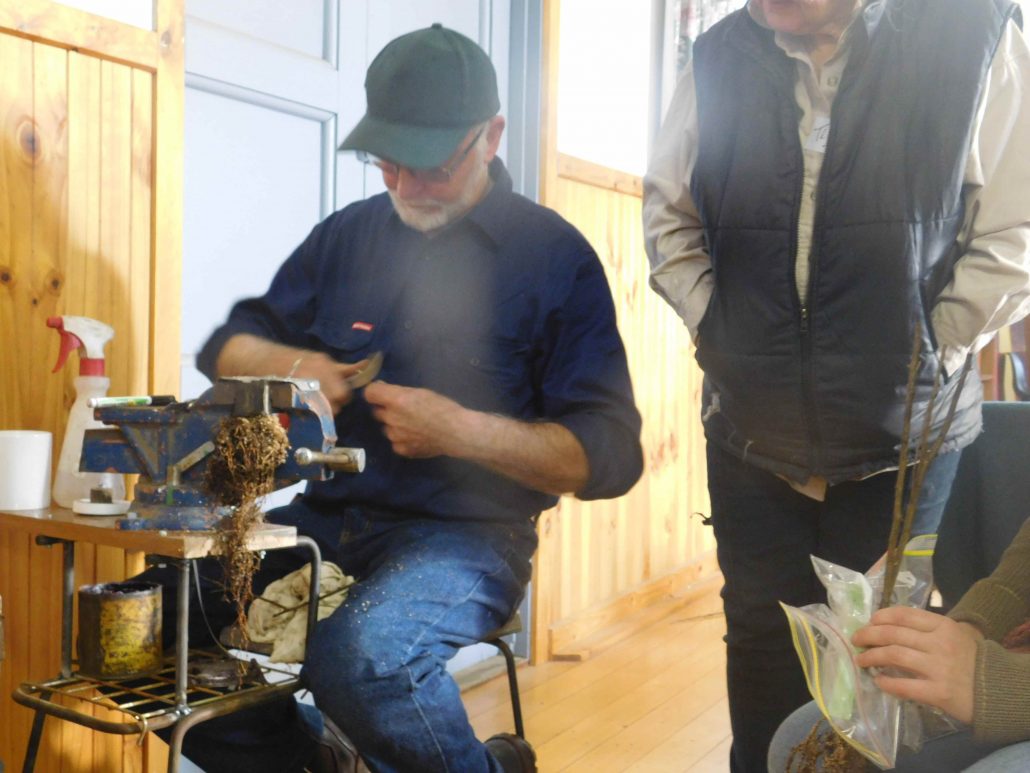 The Heritage and Rare Fruit Network has been conducting grafting workshops each year since 1990 with the aim of propagating and sharing heritage fruit trees which people of past generations cultivated as part of a more self-reliant lifestyle.
The Heritage and Rare Fruit Network has been conducting grafting workshops each year since 1990 with the aim of propagating and sharing heritage fruit trees which people of past generations cultivated as part of a more self-reliant lifestyle.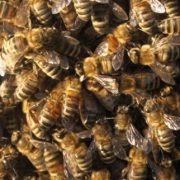 After a successful and booked our course earlier in the year, the Mudgee Bee Group have invited Bruce White OAM back to deliver another beekeeping course in August.
After a successful and booked our course earlier in the year, the Mudgee Bee Group have invited Bruce White OAM back to deliver another beekeeping course in August.